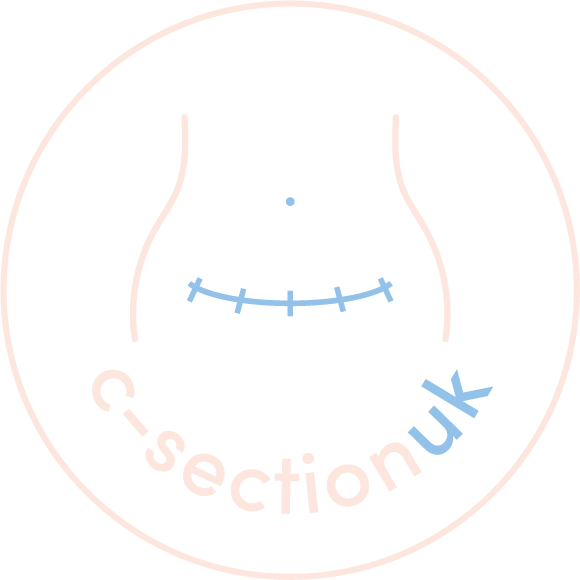The Ultimate C-Section Diet: Nutrition for Recovery and Healing
Recovering from a C-section? Your diet can play a huge role in helping your body bounce back.
Eating nutrient-packed foods speeds up healing and boosts your energy and mood. Here’s how to fuel your recovery like a pro!
How proper nutrition aids in healing and recovery from a C-Section
A well-balanced diet gives your body the nutrients it needs to repair itself, fight inflammation, and keep your immune system strong. And let’s be honest—you’ll also need that extra energy to care for your newborn!
Benefits of a balanced diet post C-Section
Faster healing - nutrients help rebuild tissue, so you recover quicker
Energy boost - eating right gives you the stamina to keep up with your life
Immune support - good food means fewer chances of getting sick
Mood booster - a healthy diet helps beat those post-baby blues
Critical nutrients for C-Section recovery
Certain nutrients support your body’s healing and recovery after a C-Section.
Protein
Protein is essential for tissue repair and muscle recovery. It helps rebuild muscles and strengthens the incision site.
For sufficient protein intake, include lean meats, eggs, dairy, legumes, and nuts in your meals.
Vitamins and minerals
Vitamins and minerals play a crucial role in healing:
Vitamin C helps with collagen production, aiding in wound healing
Vitamin K supports blood clotting, reducing the risk of excessive bleeding
Zinc strengthens your immune system and promotes cell repair
To meet these nutritional needs, include plenty of fruits, vegetables, and whole grains.
Healthy fats
Healthy fats, like those found in avocados, olive oil, and fatty fish, are necessary for hormone regulation and overall health. They also provide essential fatty acids that support brain function and promote healing.
Fibre
Fibre is essential for maintaining regular bowel movements and preventing constipation, which can be common post-surgery. Include whole grains, fruits, vegetables, and legumes to keep your digestive system functioning smoothly.
Hydration
Staying hydrated is essential for your body’s healing process, digestion, and overall health. Aim for at least eight glasses of water a day, especially if you're breastfeeding, as your fluid needs increase during lactation.
Foods to avoid
Processed foods - often high in unhealthy fats, sugars, and preservatives, processed foods can hinder recovery and increase inflammation
Caffeine - excessive caffeine can interfere with sleep and hydration, both critical for recovery
Alcohol - it can negatively impact your healing and, if breastfeeding, affect milk production and your baby’s health
Sugary foods - foods high in sugar can cause energy crashes and disrupt blood sugar levels, making you feel more fatigued
Other Considerations
Eating a well-balanced diet helps ensure you and your baby receive the nutrients you need for health and growth.
If you’re breastfeeding, your body needs extra nutrients to support milk production and your own recovery. Prioritise a diet rich in lean proteins, healthy fats, whole grains, and plenty of fruits and vegetables.
You’ll also need extra calories, so don’t skimp on nutritious snacks throughout the day.
These tips and strategies can make your recovery smoother, more comfortable, and much more nourishing—inside and out!
Written by: Midwife Laura
